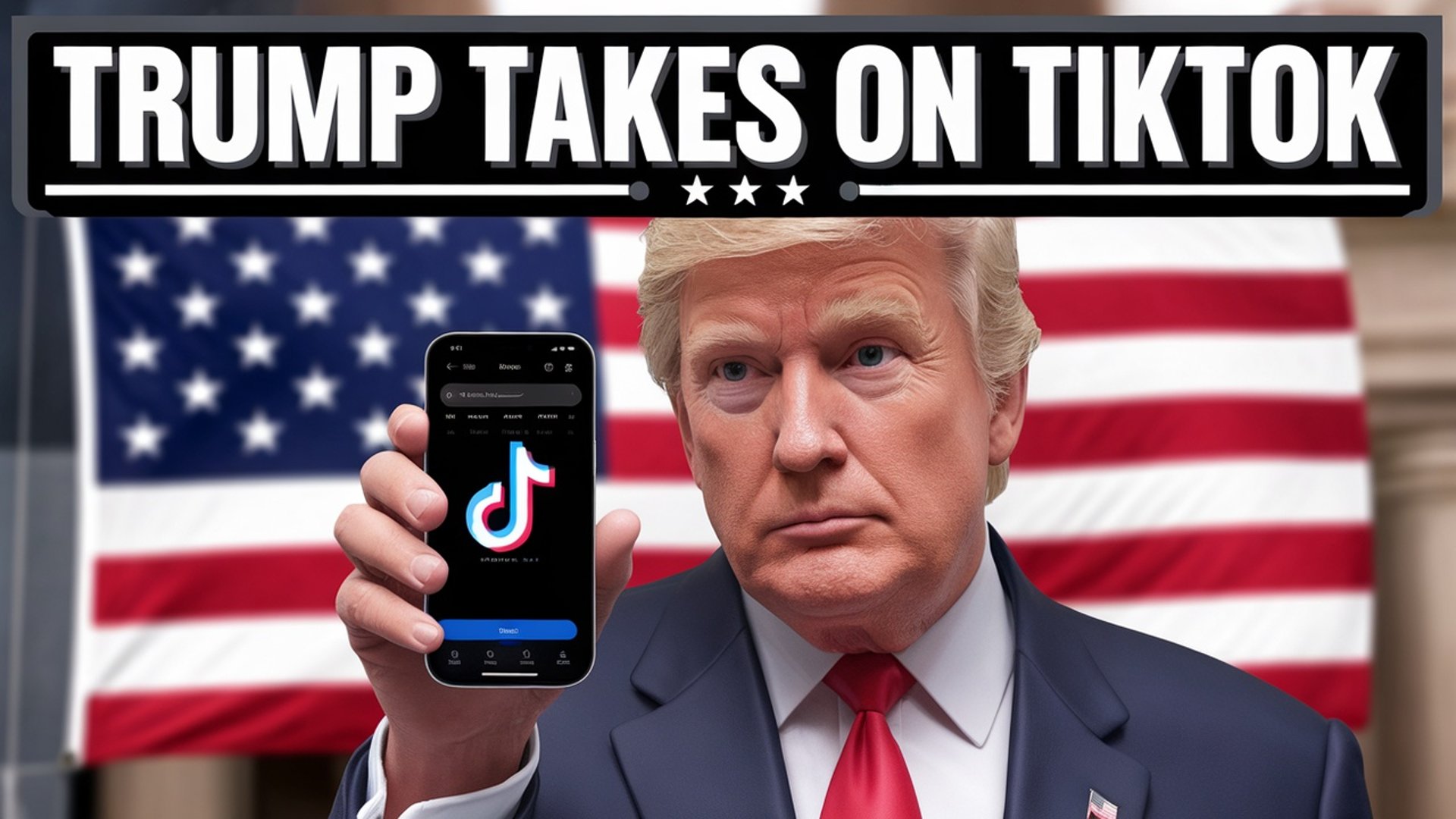
Judicial and Legal Trends: A Snapshot of December 28, 2024
As the year 2024 comes to a close, the U.S. legal and judiciary landscape remains a focal point of national discourse.
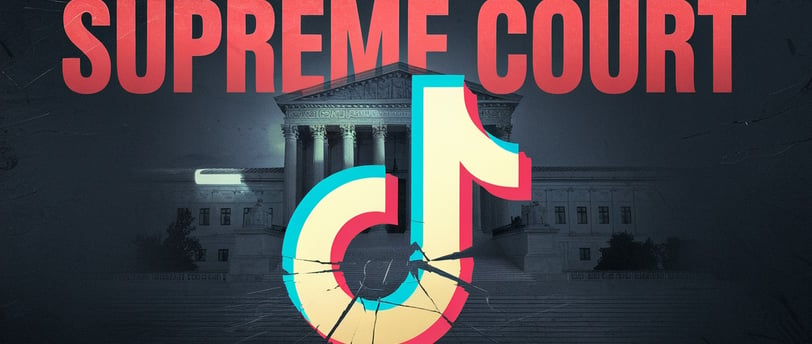

Judicial Appointments: Biden’s Legacy Takes Shape
Significant milestones, such as President Biden’s record-breaking judicial appointments and a Supreme Court appeal involving TikTok, have captured widespread attention. These developments underscore the evolving nature of the American legal system and its profound impact on governance, individual rights, and societal norms.
President Joe Biden has made history by securing his 235th confirmed judicial appointee, surpassing the number achieved by his predecessor, former President Donald Trump. This achievement marks a significant milestone in Biden’s presidency and reflects his commitment to reshaping the federal judiciary.
The Scope of Biden’s Judicial Appointments
Biden’s judicial appointments span a diverse array of courts, including district courts, appellate courts, and the Supreme Court. His nominees have been notable not only for their professional qualifications but also for their demographic diversity. A significant portion of Biden’s appointees are women, people of color, and individuals from historically underrepresented communities. This focus on representation aligns with his administration’s broader efforts to promote equity and inclusion.
Diversity in Backgrounds: Many appointees bring non-traditional legal backgrounds, such as experience in public defense, civil rights litigation, and academia, adding new perspectives to the judiciary.
Progressive Influence: Biden’s nominees are largely considered progressive, potentially shaping the interpretation of key legal issues for decades to come.
Comparison with Trump’s Record
While Trump’s judicial appointments were characterized by a focus on conservative ideologies and younger judges to ensure long-term influence, Biden’s approach emphasizes diversity and expertise. The contrast between the two administrations highlights the judiciary’s role as a battleground for competing visions of America’s legal and social future.
Implications for the Federal Judiciary
Biden’s record-breaking appointments have several implications:
Balancing the Courts: By appointing a significant number of judges, Biden aims to offset the conservative tilt introduced during Trump’s presidency.
Policy Impacts: The judicial branch plays a pivotal role in interpreting laws related to healthcare, voting rights, environmental protections, and more. Biden’s appointees are likely to influence decisions on these issues.
Public Trust: The diversity and expertise of Biden’s appointees may enhance public trust in the judiciary, particularly among communities historically marginalized by the legal system.
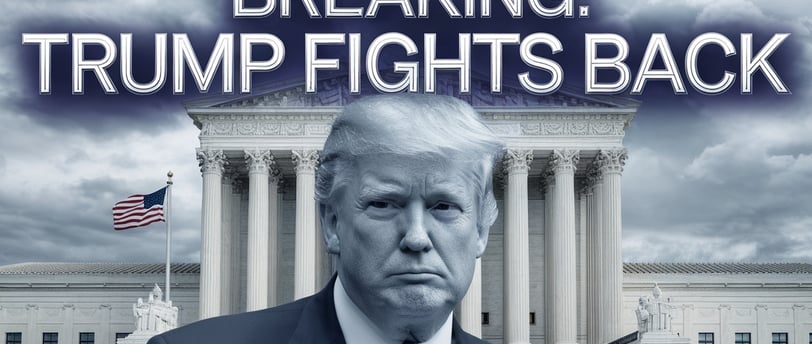

Supreme Court Appeal: Trump Challenges TikTok Ban
In a separate development, former President Donald Trump has asked the Supreme Court to intervene in a legal battle involving TikTok, the popular social media platform. Trump’s appeal seeks to pause the enforcement of a law that could effectively ban TikTok in the United States, reigniting debates over technology, national security, and free expression.
The Background of the Case
The controversy surrounding TikTok stems from concerns over its ownership by Chinese company ByteDance and allegations of data privacy risks. Critics argue that TikTok’s ties to China pose a threat to national security, as user data could potentially be accessed by the Chinese government.
During Trump’s presidency, an executive order sought to ban TikTok unless it was sold to an American company. While the order faced legal challenges and was ultimately shelved by the Biden administration, recent legislative actions have revived efforts to restrict the platform.
Key Legal Issues at Stake
Trump’s Supreme Court appeal raises several critical legal questions:
Executive Authority: The case examines the extent of executive power in regulating or banning foreign-owned companies operating in the U.S.
First Amendment Rights: TikTok’s supporters argue that banning the platform would infringe on free speech rights, as it serves as a vital medium for expression, communication, and commerce for millions of users.
National Security vs. Commerce: The case highlights the tension between protecting national security and preserving economic opportunities in a globalized digital economy.
Potential Outcomes and Implications
The Supreme Court’s decision could have far-reaching implications:
For Social Media Platforms: A ruling in favor of the ban could set a precedent for increased government regulation of social media platforms, particularly those with foreign ownership.
For U.S.-China Relations: The case adds another layer of complexity to the already strained relationship between the United States and China, with potential ramifications for trade, technology, and diplomacy.
For Users and Creators: A ban on TikTok would disrupt the livelihoods of countless content creators and small businesses that rely on the platform for income and visibility.
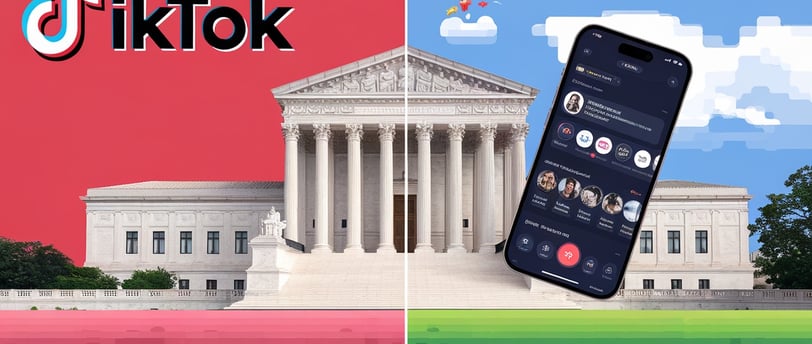

The Broader Context: Legal and Political Trends
The developments surrounding judicial appointments and the TikTok case are emblematic of broader legal and political trends shaping the United States. These include:
The Polarization of the Judiciary
The judiciary has increasingly become a focal point of partisan battles, reflecting the deep political divisions in the country. Judicial appointments are no longer seen as mere administrative tasks but as critical opportunities to influence the nation’s legal and policy landscape.
Technology and the Law
The rapid evolution of technology continues to challenge existing legal frameworks. Cases like the TikTok ban illustrate the need for updated laws and regulations that address the complexities of data privacy, cybersecurity, and digital rights.
Public Engagement with Legal Issues
High-profile legal battles and judicial decisions are drawing greater public attention, highlighting the importance of legal literacy and civic engagement. As citizens become more aware of the judiciary’s impact on their lives, they are increasingly advocating for transparency, accountability, and equity in the legal system.
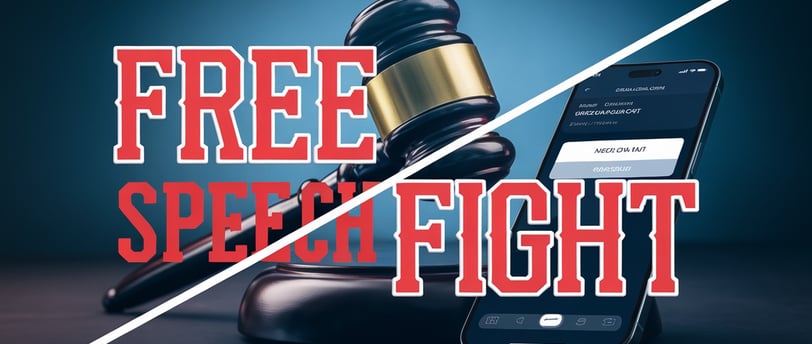

Conclusion: A Transformative Moment
As we reflect on the legal and judiciary developments of 2024, it is clear that the United States is at a transformative moment. President Biden’s record-breaking judicial appointments and the Supreme Court’s pending decision on TikTok exemplify the dynamic interplay between law, politics, and society. These events will not only shape the immediate future but also leave a lasting legacy on the nation’s governance and values.
The judiciary’s role as an arbiter of justice and a guarantor of constitutional rights remains as vital as ever. In the face of evolving challenges and opportunities, the legal system must continue to adapt, ensuring that it serves the interests of all Americans. As these stories unfold, staying informed and engaged will be crucial for understanding their implications and contributing to the ongoing discourse about the future of justice in America.
